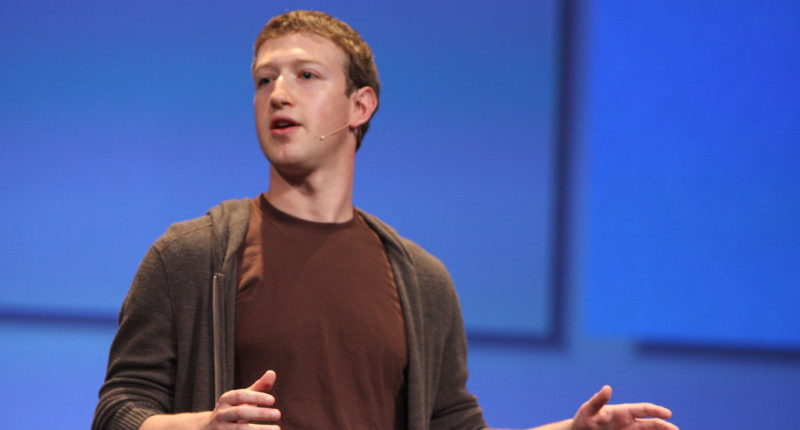Facebook CEO Mark Zuckerberg has come out with an explanation as to why his company chose to neither flag nor delete President Trump’s statements against protests happening in Minneapolis. The statement comes hours after Twitter had attached a tag on Trump’s posts for “glorifying violence”.
George Floyd, a black American who died at the hands of a white police officer during arrest, has filled people in the states with rage and mutiny, who took to the streets to organise protests. The protests took a violent turn in some parts of the state, with several lootings being caught on camera by security footages and bystanders. In response, Donald Trump made some very “opinionated” comments on Twitter, where he said, “….These THUGS are dishonoring the memory of George Floyd, and I won’t let that happen. Just spoke to Governor Tim Walz and told him that the Military is with him all the way. Any difficulty and we will assume control but, when the looting starts, the shooting starts. Thank you!”
Twitter was quick to respond to the tweet, and flagged it for “glorifying violence”. The company also said that it has decided not to take the tweet down, explaining that “Twitter has determined that it may be in the public’s interest for the Tweet to remain accessible.”
President Trump offered some sort of explanation today, saying, “Looting leads to shooting, and that’s why a man was shot and killed in Minneapolis on Wednesday night – or look at what just happened in Louisville with 7 people shot. I don’t want this to happen, and that’s what the expression put out last night means..”, adding that “…It was spoken as a fact, not as a statement. It’s very simple, nobody should have any problem with this other than the haters, and those looking to cause trouble on social media. Honor the memory of George Floyd!”
However, the same post was made on Facebook, and every one had been wondering why Mark Zuckerberg’s company remained eerily quiet about the whole thing. Well, wonder no more, for Mark Zuckerberg explained exactly why, in a post on Facebook. He started by saying,”I’ve been struggling with how to respond to the President’s tweets and posts all day. Personally, I have a visceral negative reaction to this kind of divisive and inflammatory rhetoric. This moment calls for unity and calmness, and we need empathy for the people and communities who are hurting. We need to come together as a country to pursue justice and break this cycle.”
However, he added that he had to speak not for just himself, but for an “institution committed to free expression.” He added, “I know many people are upset that we’ve left the President’s posts up, but our position is that we should enable as much expression as possible unless it will cause imminent risk of specific harms or dangers spelled out in clear policies.”
Now, Mark Zuckerberg named three major reasons for not flagging or taking down the post. First, he said, “Our policy around incitement of violence allows discussion around state use of force, although I think today’s situation raises important questions about what potential limits of that discussion should be.” Second, he added that the post was not deleted due to the mention of “The national guard”, which the company interpreted as “a warning about state action”, adding that “we think people need to know if the government is planning to deploy force.” Lastly, he said, “The President later posted again, saying that the original post was warning about the possibility that looting could lead to violence.”
He also took a jab at Twitter by saying that the company’s policies are different from its rival, and Facebook would delete a post that violated its policies against inciting violence, even if its was newsworthy.
The perpetual feud between Twitter and President Trump seems to be escalating. Twitter continues to flag Trump’s posts for various reasons, and the President keeps posting on the platform. Trump also accused Twitter of suppressing free speech, asking for the removal of article 230 of the constitution which seeks to protect social media companies like Twitter.
The Tech Portal is published by Blue Box Media Private Limited. Our investors have no influence over our reporting. Read our full Ownership and Funding Disclosure →






